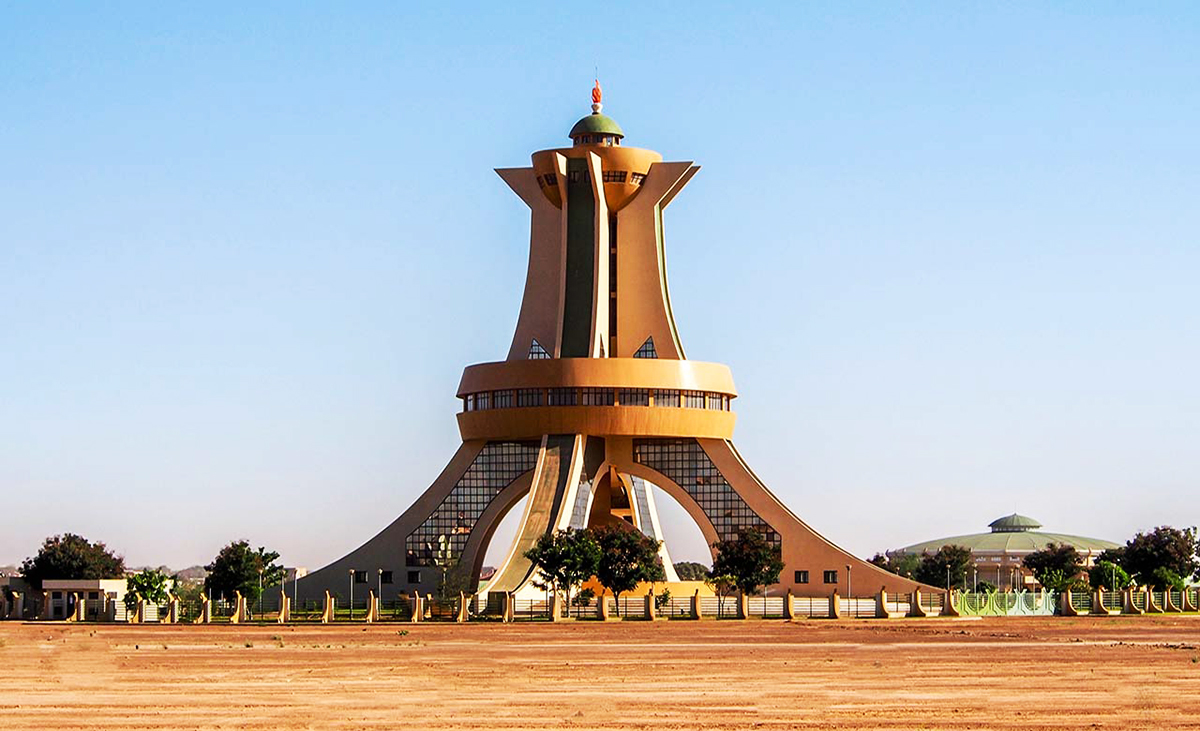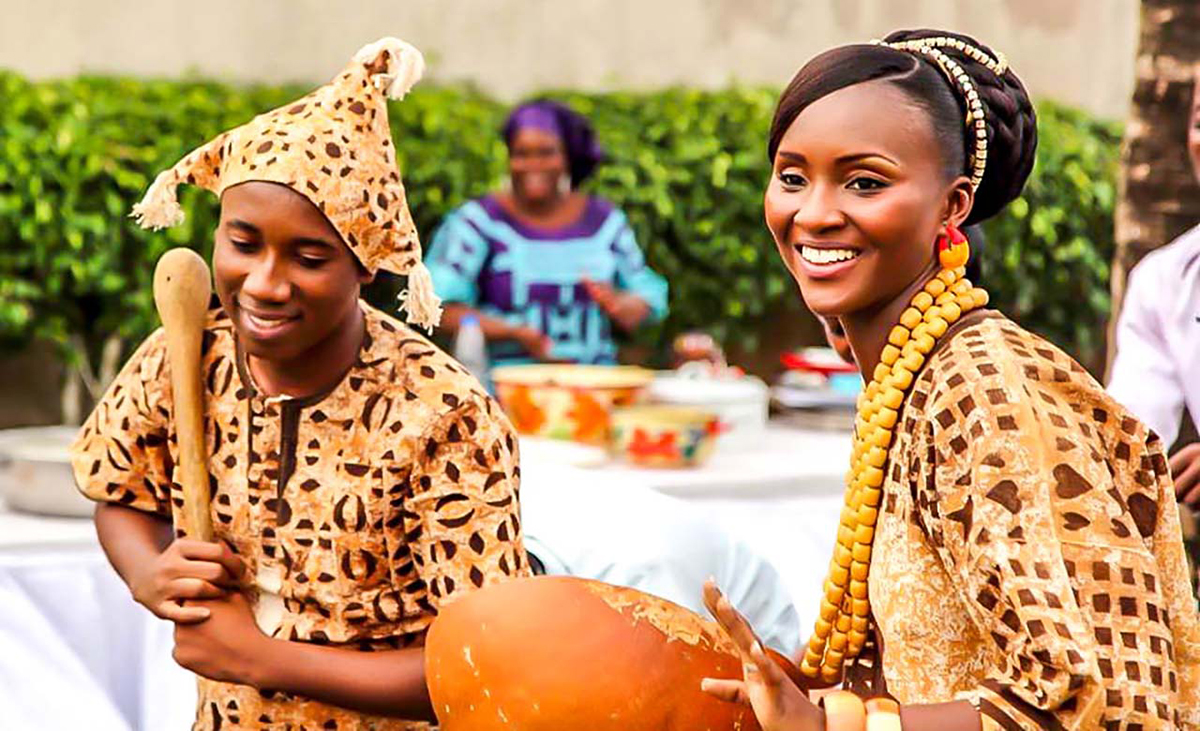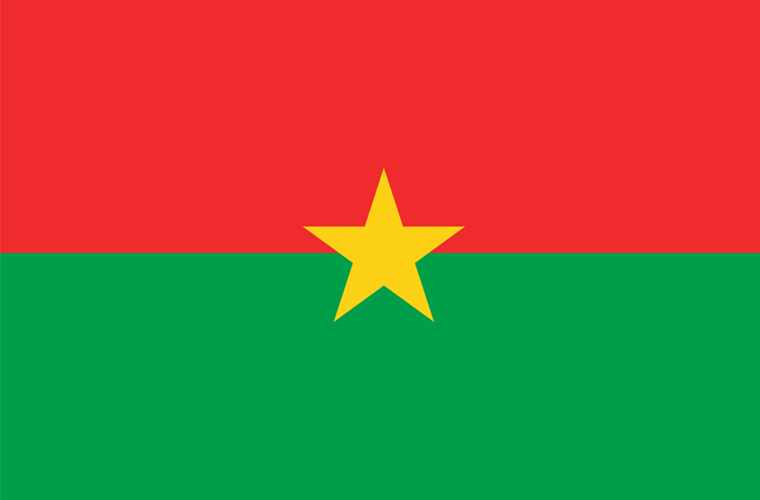Burkina Faso, officially known as the Republic of Burkina Faso, is a landlocked country located in West Africa. It shares borders with six other countries: Mali to the north, Niger to the east, Benin to the southeast, Togo and Ghana to the south, and Ivory Coast to the southwest. Its capital and largest city is Ouagadougou.
Independence: Burkina Faso gained independence from France on August 5, 1960. Previously, it was known as Upper Volta during the colonial era.
Geography: The country is predominantly savanna, with the Sahel region in the north and the Sudanese savanna in the south. Burkina Faso is known for its diverse wildlife, including elephants, lions, hippos, and various species of antelopes.
Population: As of my knowledge cutoff in September 2021, Burkina Faso had an estimated population of around 20 million people. The country has a young population, with a significant percentage under the age of 25.
Languages: The official language of Burkina Faso is French, which was inherited from its colonial past. However, there are also numerous indigenous languages spoken by different ethnic groups, such as Mossi, Fulfulde, and Dioula.

Ethnic Groups: The Mossi people are the largest ethnic group in Burkina Faso, comprising about 40% of the population. Other major ethnic groups include the Fulani, Gurunsi, Bobo, Senufo, and Lobi, among others.
Religion: The majority of the population in Burkina Faso adheres to Islam, which is followed by around 60-65% of the population. Christianity and traditional indigenous religions are also practiced by significant portions of the population.
Economy: Burkina Faso’s economy is primarily based on agriculture, with cotton being the most important cash crop. Other agricultural products include millet, sorghum, maize, rice, and peanuts. The country also has mineral resources such as gold, which is a significant contributor to its economy.

Challenges: Burkina Faso faces several challenges, including poverty, a high population growth rate, limited access to education and healthcare, and security issues related to terrorism and inter-communal violence.
Culture: The culture of Burkina Faso is diverse and rich, with traditional music, dance, and art playing an important role. The country is known for its colorful festivals and celebrations, such as the biennial FESPACO (Pan-African Film and Television Festival of Ouagadougou), which is the largest African film festival.

